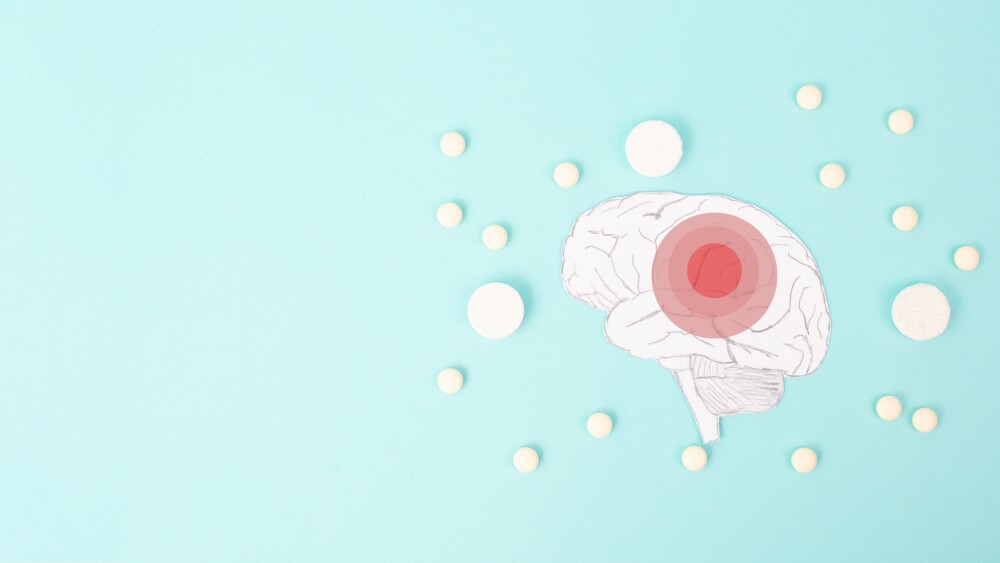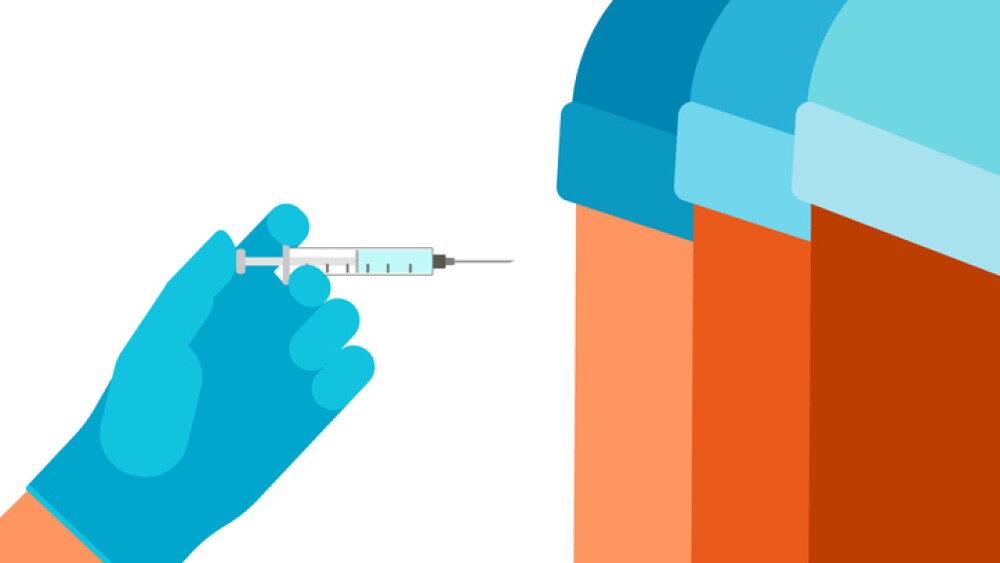Roche Provides Update On The First Two Of Six Phase III Studies Of Bitopertin In Schizophrenia
January 21, 2013 -- Roche (SIX: RO, ROG; OTCQX: RHHBY) today announced that two phase III studies of its investigational medicine bitopertin (RG1678) in adults with persistent, predominant negative symptoms of schizophrenia failed to meet their primary endpoints, based on the negative symptoms factor score of the positive and negative symptom scale (PANSS). Negative symptoms include social withdrawal and lack of motivation.
In the studies, adding bitopertin to antipsychotic therapy did not significantly reduce negative symptoms at 24 weeks compared to placebo. Bitopertin was generally well tolerated and its overall safety profile was similar to that seen in the previously reported phase II trial (NN20372).
A third phase III study evaluating bitopertin for persistent, predominant negative symptoms of schizophrenia is ongoing. In addition, three phase III studies investigating bitopertin for sub-optimally controlled symptoms of schizophrenia are in progress. Sub-optimally controlled symptoms, such as hallucinations and delusions, are symptoms that do not resolve despite treatment with an antipsychotic.
"These results are disappointing for people with negative symptoms because more effective treatments are needed for these debilitating effects of schizophrenia," said Sandra Horning, M.D., Chief Medical Officer and Head of Global Product Development at Roche. "We will await data from the remaining bitopertin studies in schizophrenia before deciding on next steps."
Data from the studies will be submitted for presentation at upcoming medical meetings.
Neuroscience is a major focus of research and development at Roche. By advancing the understanding of the underlying biology, the company's goal is to discover medicines for people with neurological and psychiatric conditions. Roche's neuroscience clinical portfolio has 10 new molecular entities, including three in late-stage programmes in schizophrenia, multiple sclerosis and Alzheimer's disease.
About schizophrenia
Schizophrenia is a severe mental disorder that affects approximately 26 million people worldwide and is a leading cause of disability.1 Typically diagnosed between the ages of 16 and 25, schizophrenia is a devastating condition that is broadly characterised by three types of symptoms: positive, negative and cognitive. Positive symptoms include hallucinations, delusions and suspiciousness. Negative symptoms include social withdrawal, lack of motivation and reduced emotional reactivity. Cognitive deficits include difficulty concentrating and memory problems. Available antipsychotics have a limited impact on negative symptoms and, in addition, are not consistently or completely effective against positive symptoms.2,3
About bitopertin
Bitopertin is an oral glycine reuptake inhibitor that may improve N-methyl-D aspartate (NMDA) receptor function, which is thought to be reduced in schizophrenia, by increasing the availability of glycine for receptor activation. Reduced NMDA receptor function may contribute to all core symptom types of schizophrenia.4,5
About the SearchLyte programme
The SearchLyte clinical development programme is comprised of six phase III studies evaluating bitopertin as a potential add-on (adjunct) therapy to antipsychotics for symptoms of schizophrenia not fully addressed by current treatments. The studies include more than 3,600 people across 32 countries.
Three double-blind, placebo-controlled studies evaluate the efficacy and safety profile of bitopertin when added to antipsychotic medicines in adults with persistent, predominant negative symptoms of schizophrenia: FlashLyte (NN25310), DayLyte (WN25309) and SunLyte (WN25308). The primary endpoints are the mean change from baseline in the PANSS negative symptoms factor score at 24 weeks.
Three double-blind, placebo-controlled studies evaluate the efficacy and safety profile of bitopertin when added to antipsychotic medicines in adults with sub-optimally controlled symptoms of schizophrenia: TwiLyte (NN25307), MoonLyte (WN25306) and NightLyte (WN25305). The primary endpoints are the mean change from baseline in the PANSS positive symptoms factor score at 12 weeks.
About Roche
Headquartered in Basel, Switzerland, Roche is a leader in research-focused healthcare with combined strengths in pharmaceuticals and diagnostics. Roche is the world's largest biotech company, with truly differentiated medicines in oncology, infectious diseases, inflammation, metabolism and neuroscience. Roche is also the world leader in in vitro diagnostics and tissue-based cancer diagnostics, and a frontrunner in diabetes management. Roche's personalised healthcare strategy aims at providing medicines and diagnostic tools that enable tangible improvements in the health, quality of life and survival of patients. In 2012 Roche had over 82,000 employees worldwide and invested over 8 billion Swiss francs in R&D. The Group posted sales of 45.5 billion Swiss francs. Genentech, in the United States, is a wholly owned member of the Roche Group. Roche is the majority shareholder in Chugai Pharmaceutical, Japan. For more information, please visit www.roche.com.
All trademarks used or mentioned in this release are protected by law.
References
1 World Health Organization. The Global Burden of Disease 2004 Update. 2004. http://www.who.int/healthinfo/global_burden_disease/2004_report_update/en/index.html.
2 Erhart SM, Marder SR, Carpenter WT. Treatment of schizophrenia negative symptoms: future prospects. Schizophr Bull 2006;32:234–37.
3 Miyamoto S, Miyake N, Jarskog LF, et al. Pharmacological treatment of schizophrenia: a critical review of the pharmacology and clinical effects of current and future therapeutic agents. Mol Psychiatry 2012 May 15 [Epub ahead of print].
4 Kantrowitz JT, Javitt DC. Thinking glutamatergically: changing concepts of schizophrenia based upon changing neurochemical models. Clin Schizophr Relat Psychoses. 2010;4(3):189-200.
5 Krystal JH, Karper LP, Seibyl JP, et al. Subanesthetic effects of the noncompetitive NMDA antagonist, ketamine, in humans. Psychotomimetic, perceptual, cognitive, and neuroendocrine responses. Arch Gen Psychiatry. 1994;51(3):199-214.
Help employers find you! Check out all the jobs and post your resume.




